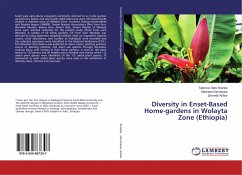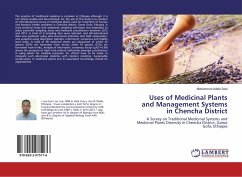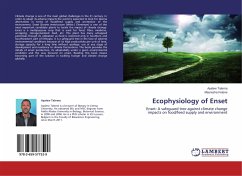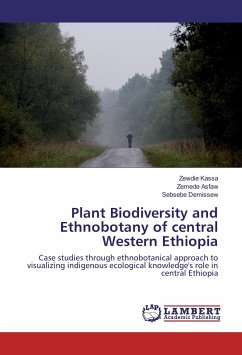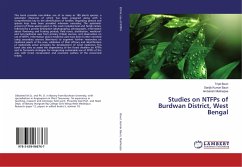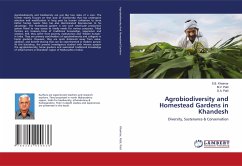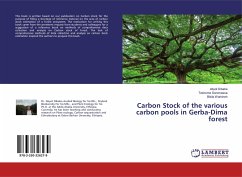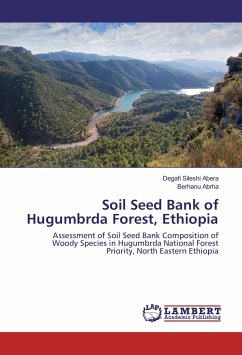Small scale agricultural ecosystem commonly referred to as home garden agroforestry system and also locally called darkuwaa were ethnobotanically studied in selected areas of Wolayta Zone, Southern Nations Nationalities and Peoples Region (SNNPR). Twelve Peasant Associations (PAs) from four Woredas (Humbo, Boloso Sore, Damot Gale, Damot Woyde) of Wolayta Zone were selected randomly for the present study (three from each Woreda). A sample of 60 home gardens (15 from each Woreda) was selected by using systematic sampling method. Data on vegetation (species record, cover abundance, and number of individual) were recorded and the collected specimens were identified in the National Herbarium (ETH.). Ethnobotanic information was gathered on plant names, planting practice, source of planting material, and plant use systems through discussion walking along with farmers in their home gardens. A total of 160 plant species in 132 genera and 56 families were recorded and among which 112 useful plant species were identified. Of the 112 useful plant species, 75 mentioned as most useful plant species were used in the calculation of diversity index, richness and evenness.
Bitte wählen Sie Ihr Anliegen aus.
Rechnungen
Retourenschein anfordern
Bestellstatus
Storno

